Adapting to Climate Change: Essential Strategies for Sustainable Farming in ASAL Areas

Previous image Next image Climate change is an ever-present challenge, particularly in arid and semi-arid lands (ASAL) like Kimana. The shifting climate patterns pose significant risks to agricultural productivity and food security. From erratic rainfall patterns to rising temperatures, these shifts pose a significant threat to traditional farming practices, especially in vulnerable semi-arid regions. At […]
Combating Soil Erosion: Essential Strategies for ASAL Areas

Previous image Next image Soil erosion is a significant challenge in arid and semi-arid lands (ASAL) like Kimana. This isn’t just about a dusty landscape. This natural process, exacerbated by human activities and climatic conditions, can lead to decreased agricultural productivity, loss of fertile topsoil, and environmental degradation. At Ambokili Farm, we recognise the importance […]
How a Weather Station is Changing the Game at Ambokili Farm

Previous image Next image In the heart of Kimana, where the semi-arid landscape lives between the whims of the sun and the scarce rain, Ambokili Farm is taking a bold step towards a more sustainable future. Introducing our latest game-changer: a state-of-the-art weather station! This marvel of modern technology isn’t just a gadget; it’s our […]
The Essential Role of Irrigation Systems in ASAL Areas: A Case for Ambokili Farm
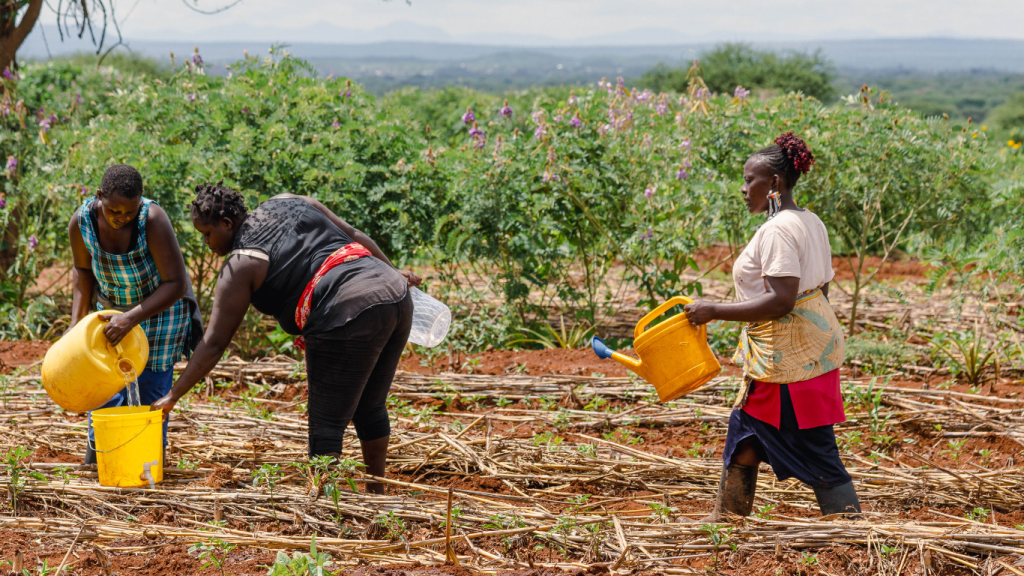
In the harsh and unforgiving landscapes of arid and semi-arid lands (ASALs), water is a precious commodity. The success of agricultural ventures in these regions hinges on effective water management, and irrigation systems play a pivotal role in this. Without irrigation, farming in ASAL areas is nearly impossible, as the soil quickly dries out, and […]
Waste Management at Ambokili Farm: Pioneering Sustainable Solutions Through a Biodigester
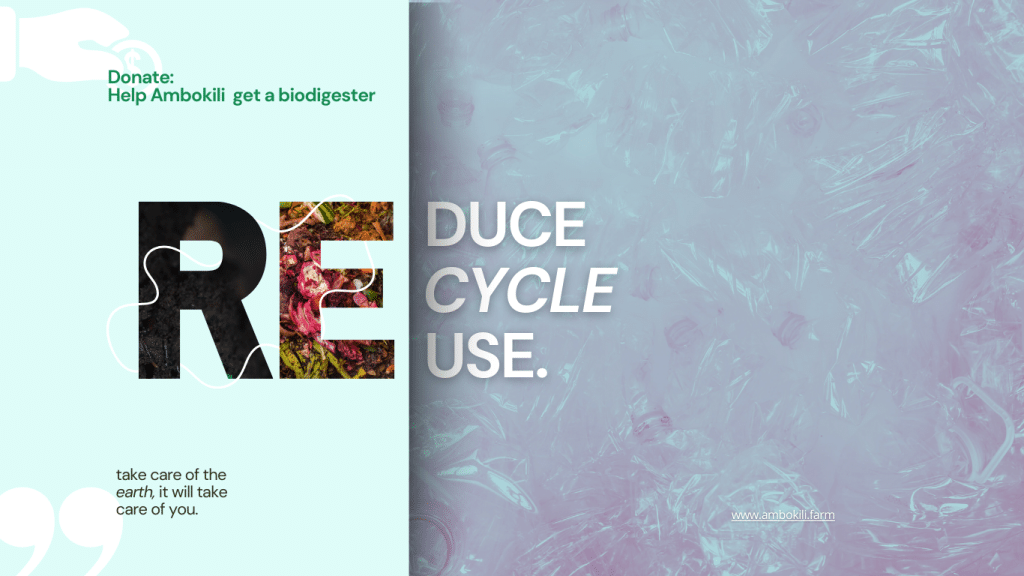
This isn’t just about keeping our farm clean (although that’s important too!), it’s about tackling some of the biggest challenges facing our planet: pollution, climate change, and land degradation. At Ambokili Farm, we are committed to transforming semi-arid terrain into self-sustaining, biodiverse ecosystems. Our holistic approach to waste management plays a significant role in this […]
Dry, Barren, and Often Unforgiving— The Challenges Communities in ASAL Areas Face

Previous image Next image ASALs make up about 41% of the world’s land area, affecting approximately two billion people globally. According to the United Nations, these lands cover approximately 6.5 billion hectares worldwide. Despite their vastness, these regions are particularly fragile due to erratic rainfall patterns and consistently high temperatures, making them hotspots for drought […]
Are Bees Under Threat? The Decline of Bee Population
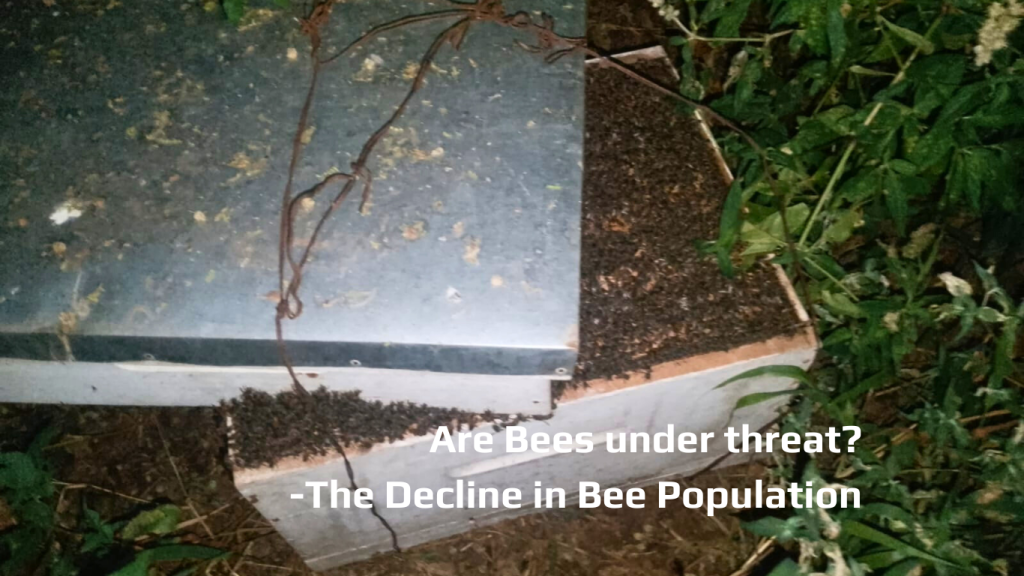
The decline of bee population poses a significant threat to global ecosystems and agriculture. Bees, as primary pollinators, are indispensable for the reproduction of many plant species, including crucial agricultural crops. This decline isn’t just a threat to these fascinating insects; it jeopardizes the very foundation of our food system. But fear not, for within […]
The Buzz About Bees
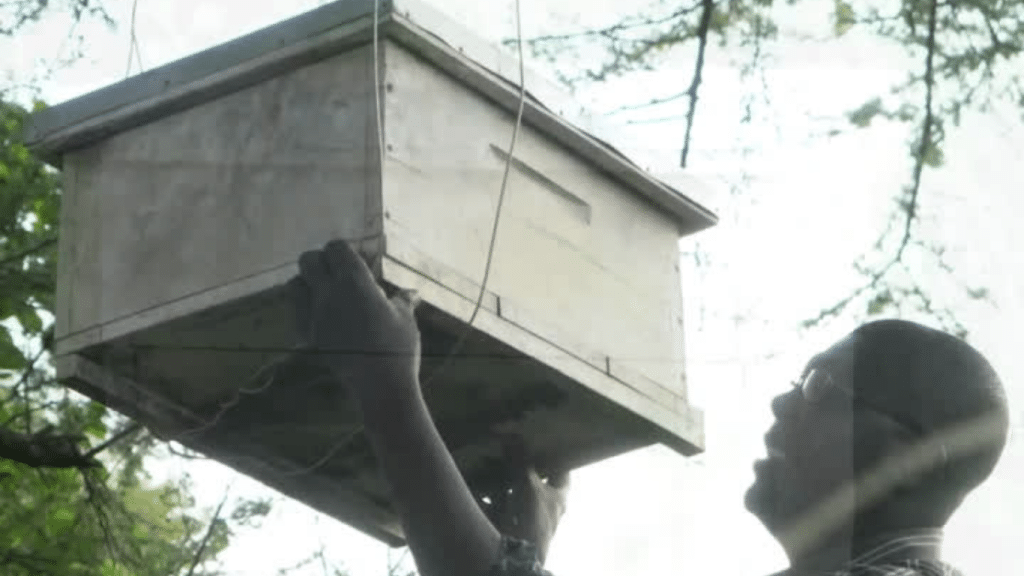
https://ambokili.farm/wp-content/uploads/2024/05/Bee-Conservation-at-Ambokili-Farm-Website-1.png Imagine a world devoid of vibrant fruits, crisp vegetables, and the satisfying crunch of nuts. Bleak, right? Bees, often undervalued in their quiet industriousness, are pivotal to both our ecosystems and agriculture. Their role as pollinators extends far beyond the production of honey; they are integral to the health and sustainability of many of […]
Celebrating World Bee Day: Why World Bee Day Matters
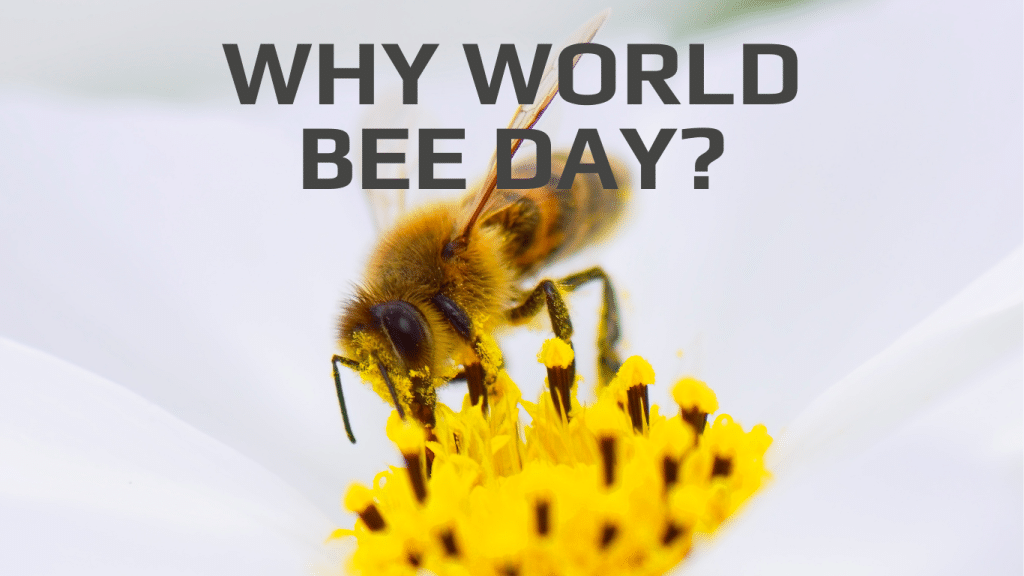
At Ambokili Farm, we deeply understand the essential role that bees and other pollinators play in maintaining the health of our planet and ensuring the sustainability of our agricultural practices. Every year, on May 20th, we join the global community in celebrating World Bee Day. This observance not only honors these incredible creatures but also […]
Bee Venom: Ambokili Farm’s Latest Milestone in Sustainable Biodiversity
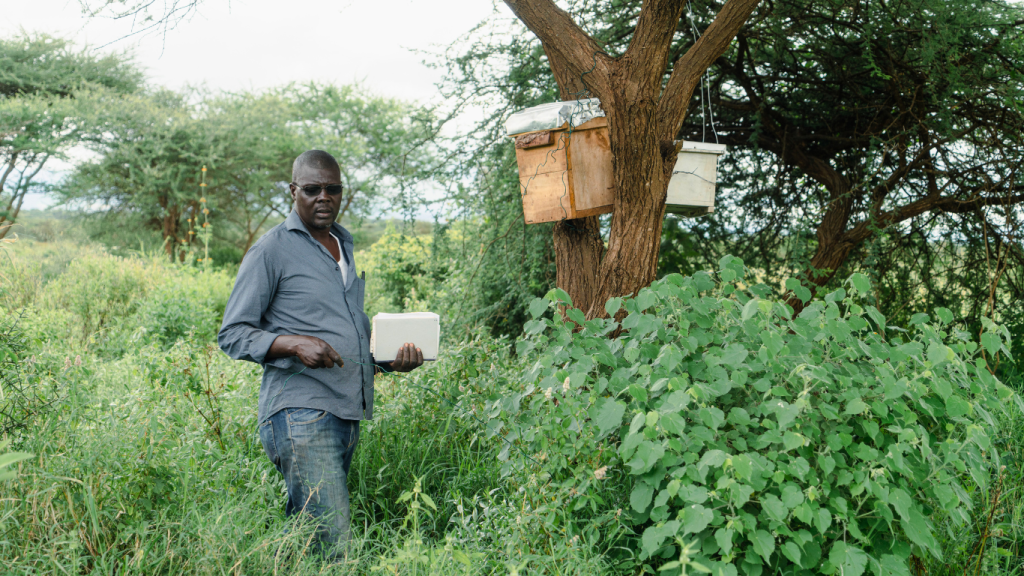
Honeybees are renowned for their golden nectar and their crucial role in pollination, but their sting also packs a surprising punch – medicinal one, that is. Another remarkable aspect of bees that’s been garnering attention. Here at Ambokili Farm, we recently welcomed a new buzzing contingent to our 7 hives and we’re not only interested […]
